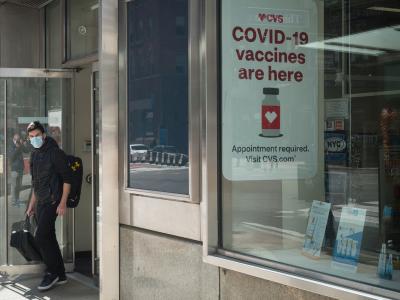Sexually transmitted Zika case reported in Florida
Florida health officials yesterday reported the first sexually transmitted case of Zika virus this year. There is still no evidence, however, of locally transmitted Zika virus by mosquitoes in the state.
The case was identified in Pinellas County. The individual reported that his or her partner had recently traveled to Cuba, and both patients tested positive for Zika infection. The Florida Department of Health (Florida Health) warned that sexual partners must take precautions if one partner travels to a Zika-endemic area.
As of yesterday, Florida officials have confirmed 118 Zika infections in the state, 90 of which are travel-related. Eighty-one pregnant women in the state have laboratory confirmed Zika.
Aug 1 Florida Health statement
Saudi Ministry of Health confirms 3 new MERS cases
The Saudi Arabian Ministry of Health (MOH) reported three new cases of MERS-CoV today.
All the patients are men. A 51-year-old Saudi from Dumah Al Jandal is in critical condition with MERS-CoV (Middle East respiratory syndrome coronavirus). The probable source of his infection is listed as primary, which means it's unlikely he contracted the virus from someone else. A 57-year-old male expatriate in Jeddah is also in critical condition, and his infection source is also listed as primary.
Finally, a 36-year-old Saudi man from Ad Dilam is in stable condition after being diagnosed with MERS-CoV. He had direct contact with camels, a known risk factor for contracting the virus.
The new cases raise Saudi Arabia's MERS-CoV total since 2012 to 1,685 cases, which includes 684 deaths. Seven people are still being treated for their illnesses.
Aug 2 MOH update
Senate committee approves ASPR, surgeon general candidates
The Senate Committee on Health, Education, Labor and Pensions (HELP) today approved the nominations of Robert Kadlec, MD, as the next assistant secretary for preparedness and response (ASPR) in the Department of Health and Human Services (HHS) and Jerome Adams, MD, as the next US surgeon general, according to a news release from Sen. Lamar Alexander, R-Ky., committee chair.
The nomination of Kadlec, a renowned bioterrorism expert who has years of experience on Capitol Hill, lacked controversy, Homeland Preparedness News reported today. "Your passion for preparedness and response is well established and most welcomed," said HELP Committee member Sen. Sheldon Whitehouse, D-R.I.
"I have firsthand insight into the rationale why HHS and the nation needed a single leader to be responsible for coordinating medical and public health preparedness and response," Kadlec told the committee yesterday, according to the story.
Adams serves as Indiana state health commissioner. He likewise faced little committee opposition.
The committee approved four other candidates for HHS assistant secretaries. "When these nominees are confirmed, all of the assistant secretaries within the HELP Committee's jurisdiction at the Department of Health and Human Services will be filled," the Alexander news release said.
Aug 2 Sen. Alexander press release
Aug 2 Homeland Preparedness News story
Most pathogens in Europe considered sensitive to climate change
Nearly two thirds of human and domestic-animal microbial pathogens in Europe are sensitive to climate, which suggests that the effects of climate change on infectious diseases on the continent may be greater than previously thought, according to a new analysis of existing studies.
Writing in Scientific Reports, researchers from the University of Liverpool said they did a systematic review of 100 human and 100 domestic-animal pathogens that have the greatest effects on human health. (A total of 157 pathogens was assessed, as 43 were in both sets.)
Sixty-three percent of the pathogens were found to be climate-sensitive, and 82% of those were responsive to "primary drivers" such as rainfall and temperature, according to the report. Two thirds of the climate-sensitive pathogens "have more than one climate driver, meaning that the impact of climate change upon them will likely be multifaceted and complex," said a University of Liverpool press release.
Vector-borne diseases—spread by insects and ticks—were found to be the most climate sensitive, followed by those transmitted in soil, water, and food, according to the release. Diseases with the largest number of different climate drivers were Vibrio cholerae (the cause of cholera), Fasciola hepatica (liver fluke), Bacillus anthracis (anthrax), and Borrelia burgdorferi (Lyme disease).
The researchers found that zoonotic pathogens are more climate sensitive than pathogens affecting only humans or only animals. "Thirty-seven percent of disability-adjusted-life-years arise from human infectious diseases that are sensitive to primary climate drivers," they added. "These results help prioritize surveillance for pathogens that may respond to climate change."
The researchers cautioned that pathogens' response to climate change will also be affected by other factors, such as changes in travel and trade, land-use, deforestation, new control measures, and the development of antimicrobial resistance, according to the release.
Aug 2 Sci Rep article
Aug 2 University of Liverpool press release











